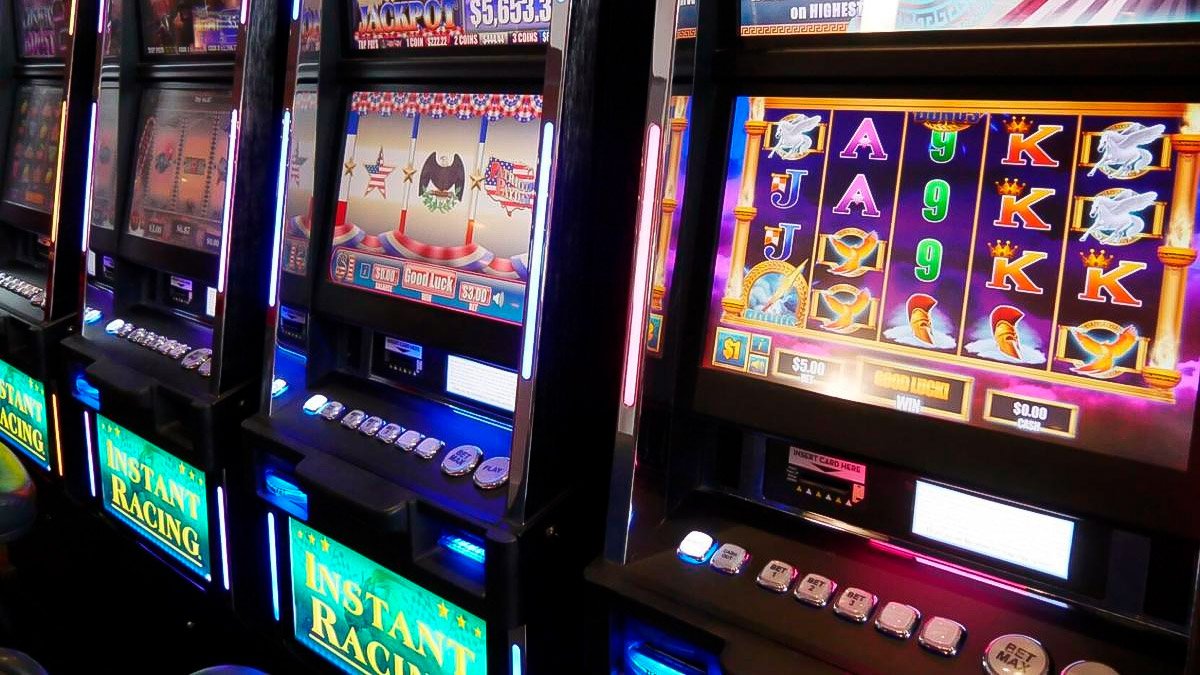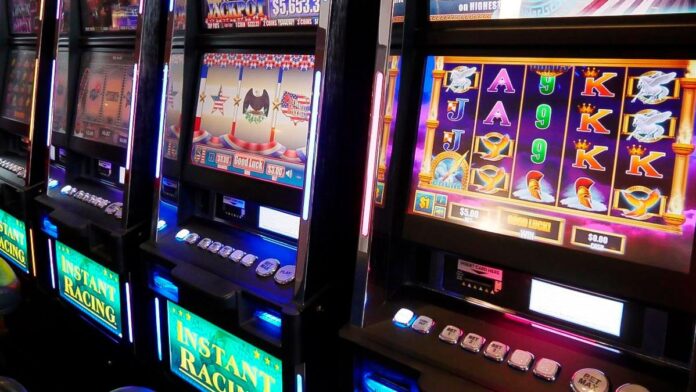
In a move that has ignited fierce debate and legal wrangling, the Minnesota Racing Commission recently voted to legalize historic horse racing (HHR), prompting strong opposition from legislators advocating for the legalization of mobile sports betting.
Some legislators, led by Rep. Zack Stephenson, contend that the Racing Commission’s decision to greenlight HHR runs afoul of state law, which grants exclusive casino gaming rights to Native American nations. By permitting HHR, critics argue that the Commission is effectively introducing video slot machines at racetracks, a development they assert is incompatible with existing regulations.
Native American nations, holders of exclusive casino gaming rights in Minnesota, are contemplating legal action against the decision to legalize HHR. They perceive the move as encroaching upon their exclusive rights and potentially undermining their established operations.
The Racing Commission’s approval of HHR could complicate ongoing efforts to pass bills legalizing mobile sports betting. Previously, legislators were mulling over proposals to provide financial assistance to racetracks as part of these bills. However, with the advent of HHR, the landscape may undergo a significant shift.
Vocal opponents of HHR, including Sen. Matt Klein and Stephenson, argue that it represents nothing more than slot machine gambling masquerading as historic horse racing. They argue that HHR threatens the integrity of traditional horse racing and blurs the distinction between legitimate racing events and casino-style gambling activities.
In response to mounting concerns, lawmakers are contemplating measures to outright ban HHR, irrespective of the fate of sports betting legislation. This reflects a broader sentiment among legislators opposed to expanding the scope of gambling activities beyond the confines of existing laws.
Horse racing executives, such as Running Aces CEO Taro Ito, have thrown their support behind the decision to legalize HHR. They argue that HHR holds the potential to rejuvenate the racing industry by bolstering revenue streams, fostering job creation, and delivering supplementary income for state and local governments.
The Racing Commission’s move to legalize HHR has ignited a fiery debate between proponents heralding its potential benefits for the racing sector and detractors decrying it as a violation of gambling regulations and a potential impediment to advancing sports betting legislation.
Original article: https://www.yogonet.com/international/noticias/2024/04/09/71626-controversy-erupts-over-minnesota-racing-commission-39s-decision-to-legalize-historic-horse-racing
















